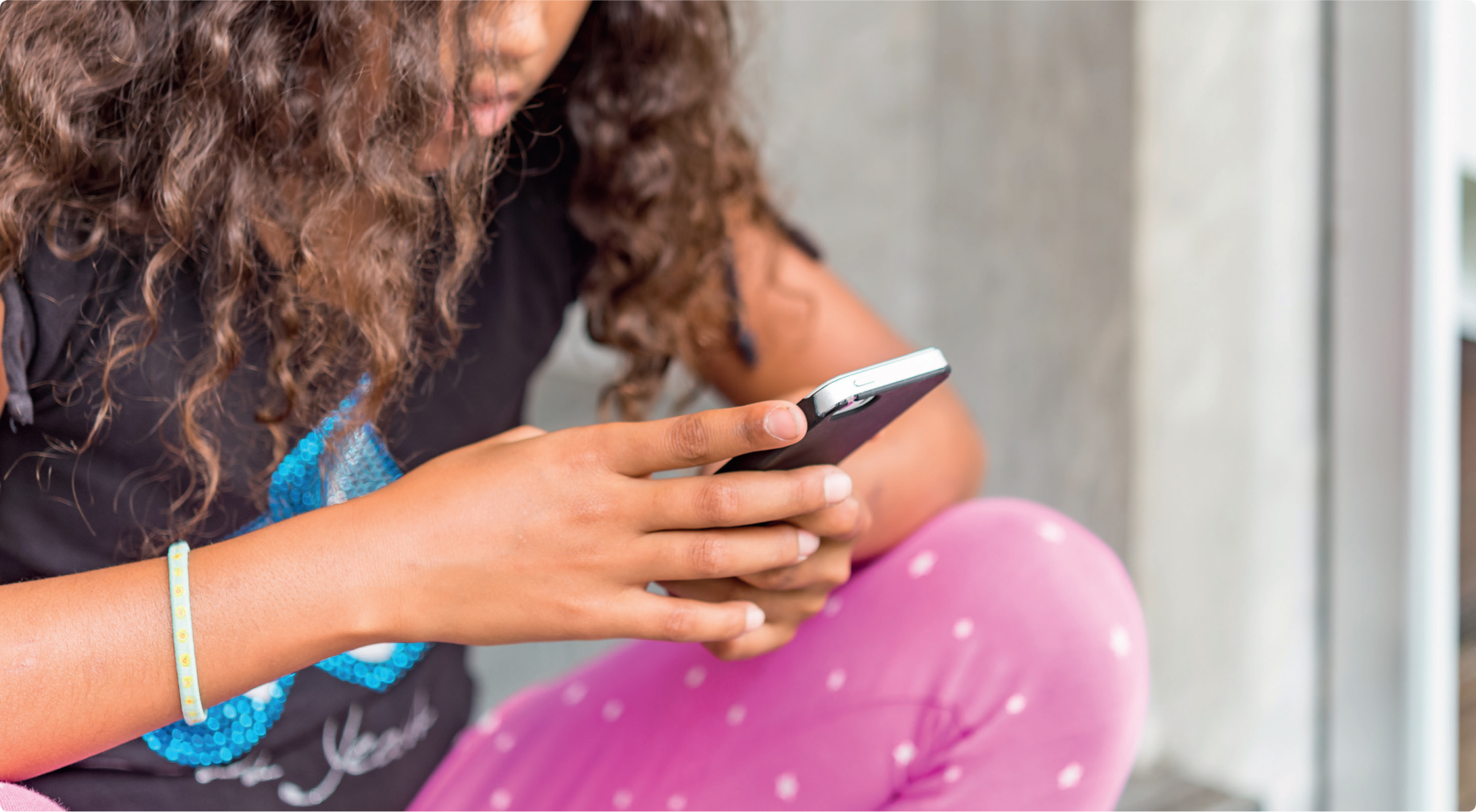
Have you ever worried about the size of your stomach, or lie awake at night worrying about the state of your career when everyone else seems to go on endless holidays and have perfect homes? Have you seen those perfect bodies, lifestyles and homes on Facebook or Instagram and wondered ‘How the hell do they do it?’ and ‘What am I doing wrong?’
Our ‘always on’ culture, natural curiosity and desire to be liked has led to an addictive use of social media in contemporary culture. In fact, getting ‘likes’ on a picture we've posted online has the same effect as eating chocolate, and a study by Apple showed that iPhone users unlock their phone on average every 11 minutes (Ormerod, 2018). A Model of addiction used for gambling can also be applied to smartphone use. Below are the six components used to define an addiction (Griffiths 2005):
If you ask many social media users, you will find that they have many, if not all of the habits listed above. Social media has become the most addictive digital force ever created. Unfortunately, these habits are by design and are exploited by social media platforms in order to make your usage of their apps profitable to them. This is because your use of the app, in and of itself, does not make them money. What does is the very detailed marketing profile that they can build based on your social media use, which can then be sold on to advertisers, or anyone else who is willing to buy the information.
Some people seem to share everything on social media: their last meal, their evening plans, their outfit of the day. But rarely are real-life taboo subjects, such as debt, divorce, anxiety or low self-esteem, discussed publicly, making it appear that no-one other than the person viewing the feeds struggles with these issues. Looking at the images or accolades on your connections' Facebook or LinkedIn profiles, it might seem like everyone has hit their social and career benchmarks except you. To make matters worse, a 2017 Career-Builder survey found that 70% of employers use social media to screen candidates (CareerBuilder, 2017), further discouraging users from posting anything negative about themselves and furthering the perception of the need to portray an ideal, rather than realistic, life (Ormerod, 2018).
Social media has set such unobtainable benchmarks of perfection that it is causing holistic dissatisfaction in many people's lives. Until people start seeing social media fantasies for what they are–a constructed fantasy showcasing the best 1% of our lives–they will never feel content with their image or achievements, thereby potentially affecting their mental health. A study by San Diego State University showed an increase in suicides over time that directly mirrors social media take-up after 2 decades of decline (Twenge, 2018).
Take what you see on social media with a pinch of salt and embrace your imperfections. Especially in a sector such as aesthetics, it can sometimes seem like perfection is what we are all working towards. But perfection is not real, and the profiles you're looking at online don't reflect the true life experience of the individual, just the highlights.
Applying ethics to your social media brand
Applying an ethical social media framework for your brand can help you stand out as an authentic and trustworthy source of information in a sea of edited highlights. This framework can be summarised by 3 principles: being authentic, being transparent and ensuring good communication standards.
Be authentic
Being authentic means being yourself, using an informal voice, providing personal information and giving the impression that you are honest about what you stand for.
A classic example of not being authentic is the use of filters and image editors to artificially improve a person's features and remove blemishes to make them ‘4K ready’ (a reference to large high definition TVs where the skin pores can be seen). This sets unrealistic expectations for clients, which could possibly lead to complaints later on, as well as contributing to unattainable beauty ideals.

Be transparent
Being honest with your clients will help you to build trust with them. Talking about the procedures you perform and discussing risk frankly demonstrates your expertise in your field. If you are posting because you've got a paid/unpaid affiliation with a product or event, always make that clear to your readers. Nobody likes to be deceived.
Set good communication standards to adhere to
When making assertions about the efficacy of a product, always follow it up with a citation from a reputable source. Unfortunately, social media makes it very easy to publish inaccurate stories (or fake news), and sometimes these make it into the mainstream press, so always be vigilant and check your sources before reposting (Ratcliffe, 2017).
As discussed in a previous article, dealing with negative comments can be extremely difficult for business owners (Ratcliffe, 2015). Deleting negative feedback isn't the best approach, from a transparency perspective. It might be more beneficial to take control of the situation, give a professional reply and offer to take the conversation offline.
Finally, make sure you keep your clients' details confidential, unless you have their express permission. If you do have their permission, make sure you mention that fact in your post.
Conclusion
In terms of personal use of social media, remember that what you see online is not real life—only a carefully curated selection of the highlights. Don't try to measure your successes and failures against someone else's edited highlights of their life, and remember to invest some quality time cultivating relationships offline. Make time to meet up for a coffee, rather than trying to have a chat on Messenger.
As far as your brand goes, be a responsible, ethical and aware social media publisher. Make sure you adhere to the three principles of authenticity, transparency and good communication standards.


